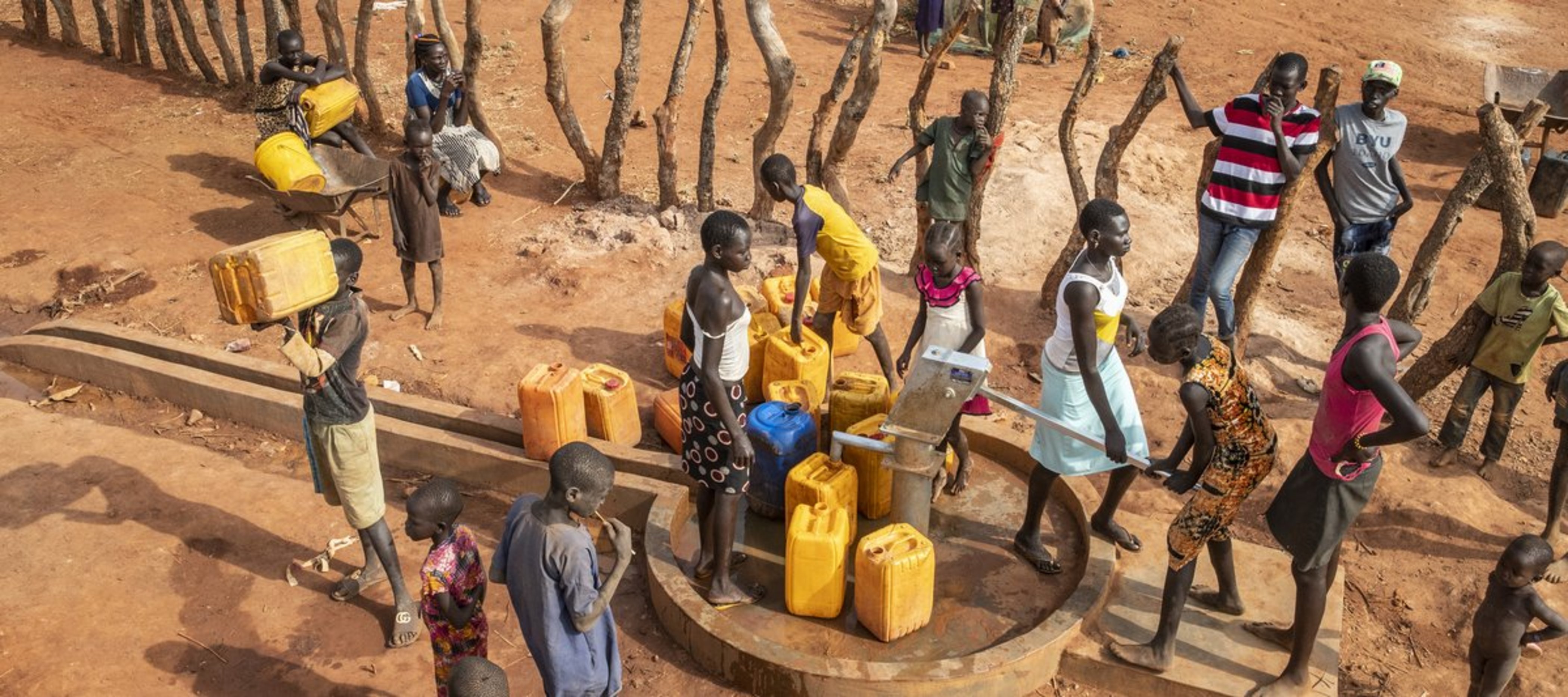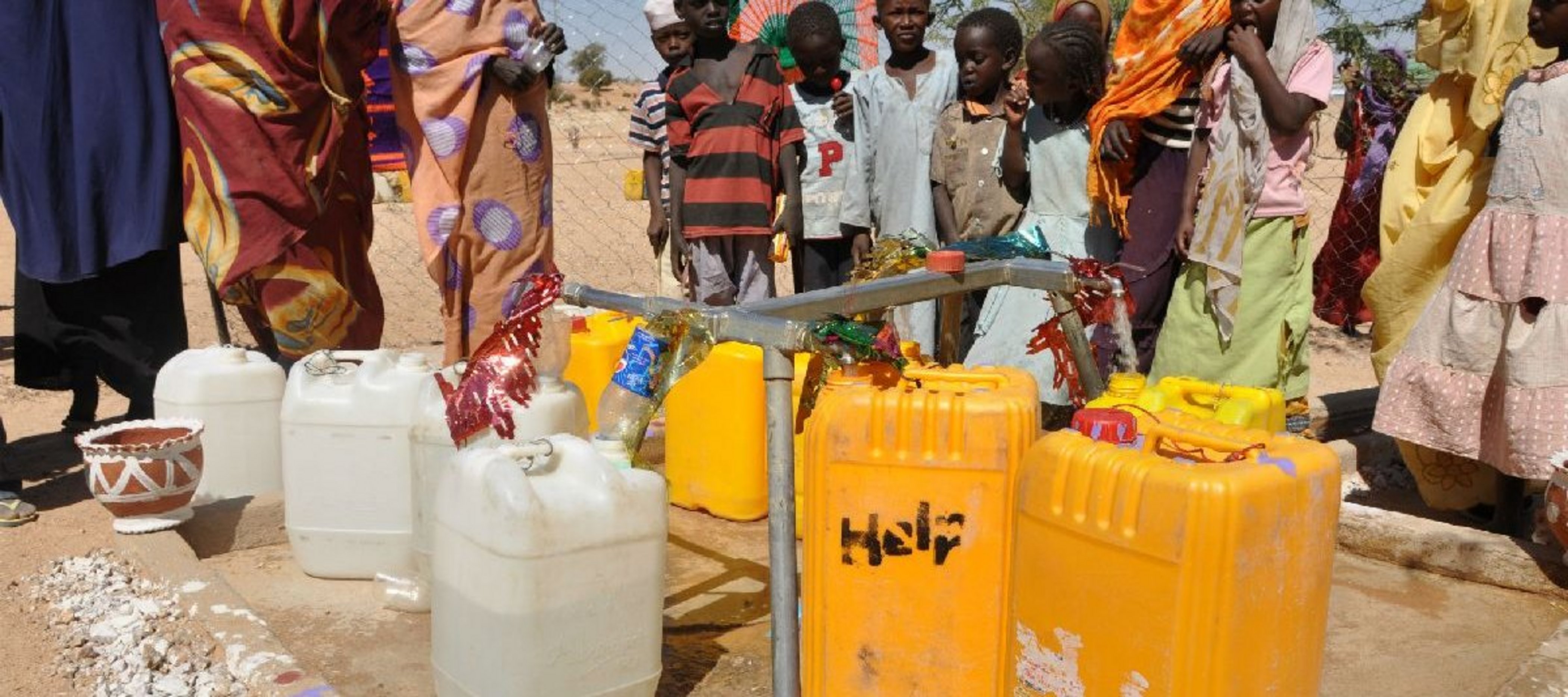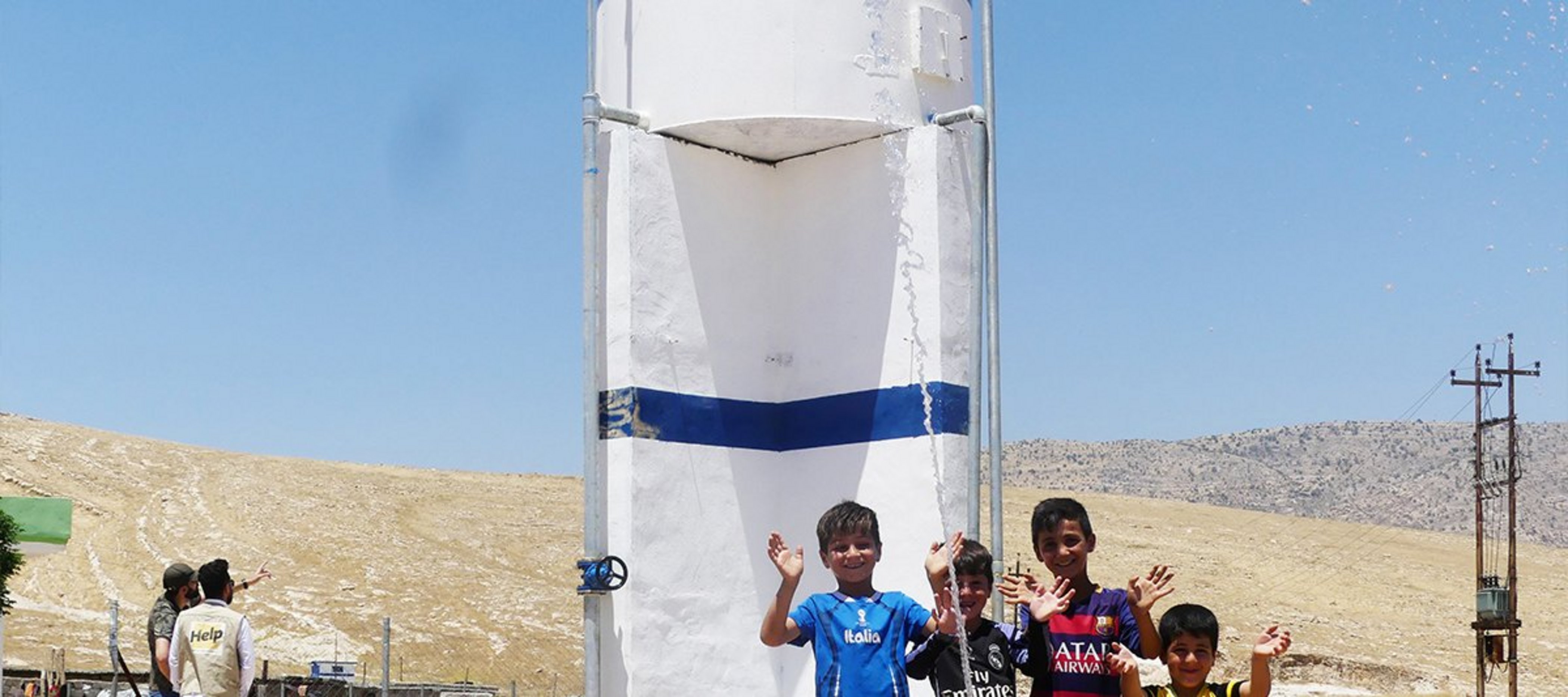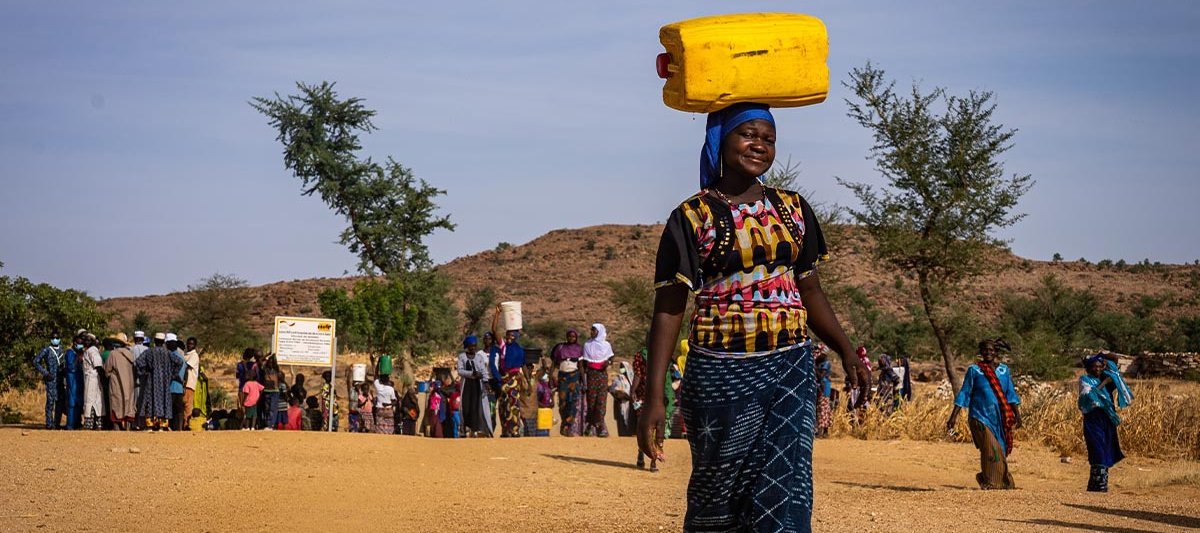Water and Health
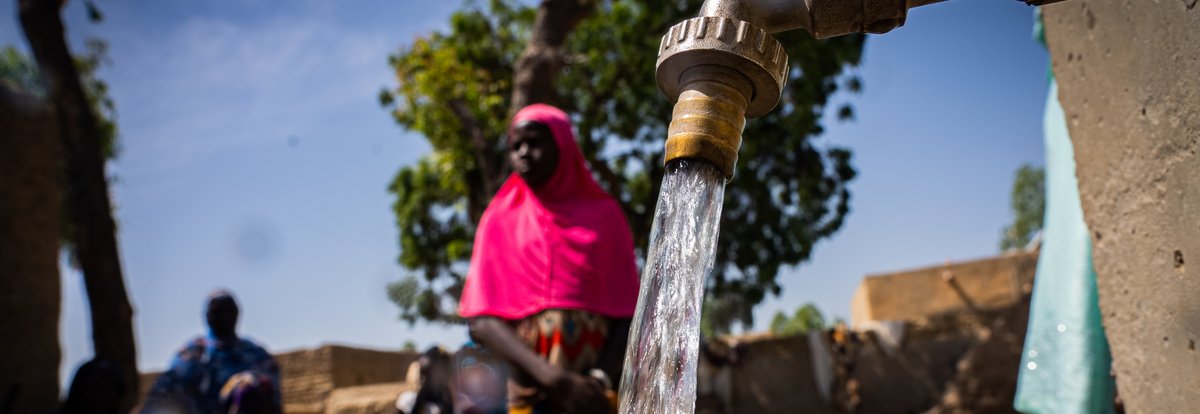
Donate for clean water
Water is the basis of all life and a human right. Clean water improves and protects health, enables food to be grown and gives children the chance of a better future. Nevertheless, one in four people in the world does not have secure access to this valuable resource.
Help is committed to ensuring that everyone has access to clean drinking water and basic sanitation. We drill wells, build sanitation facilities and teach hygiene practices to improve living conditions and promote health.
Millions without water
Water scarcity: a global problem
![[Translate to English:] Spenden Wasser: Brunnen im Südsudan [Translate to English:] Spenden Wasser: Brunnen im Südsudan](/fileadmin/_processed_/8/4/csm_suedsudan-fluechtlinge-wasser_1503_04_e41933912b.jpg)
Around two billion people worldwide do not have sustainable, safe and immediately available access to clean water. In concrete terms, this means that a quarter of the world's population cannot use a water point in the immediate vicinity. They have to walk more than 30 minutes to the nearest source. Around 771 million people do not even have a basic supply of drinking water.
As a result of the climate crisis, water supply is also becoming increasingly difficult in many regions. Around 3.6 billion people already live in areas that are extremely arid for at least one month a year. It is estimated that almost 600 million children will live in areas without sufficient access to water by 2040. Families living in the poorer regions of the world are particularly affected.
Sick from contaminated water
In addition, around 3.6 billion people still have no access to safe sanitation - almost half of the world's population. Around 770 million people have to defecate completely outdoors. This often happens in rivers or lakes, which also serve as a source of drinking water. Under these circumstances, diseases can spread that cost the lives of many people every year. Diarrheal diseases such as cholera are particularly dangerous for children.
In addition to the lack of access to clean water, many countries in the global South also lack other basic prerequisites for health: food is scarce, which makes the body vulnerable. Hospitals are rare and often in poor condition. There is a lack of medication. In addition, most people are not familiar with the basic rules of proper hygiene.
Women and girls at risk
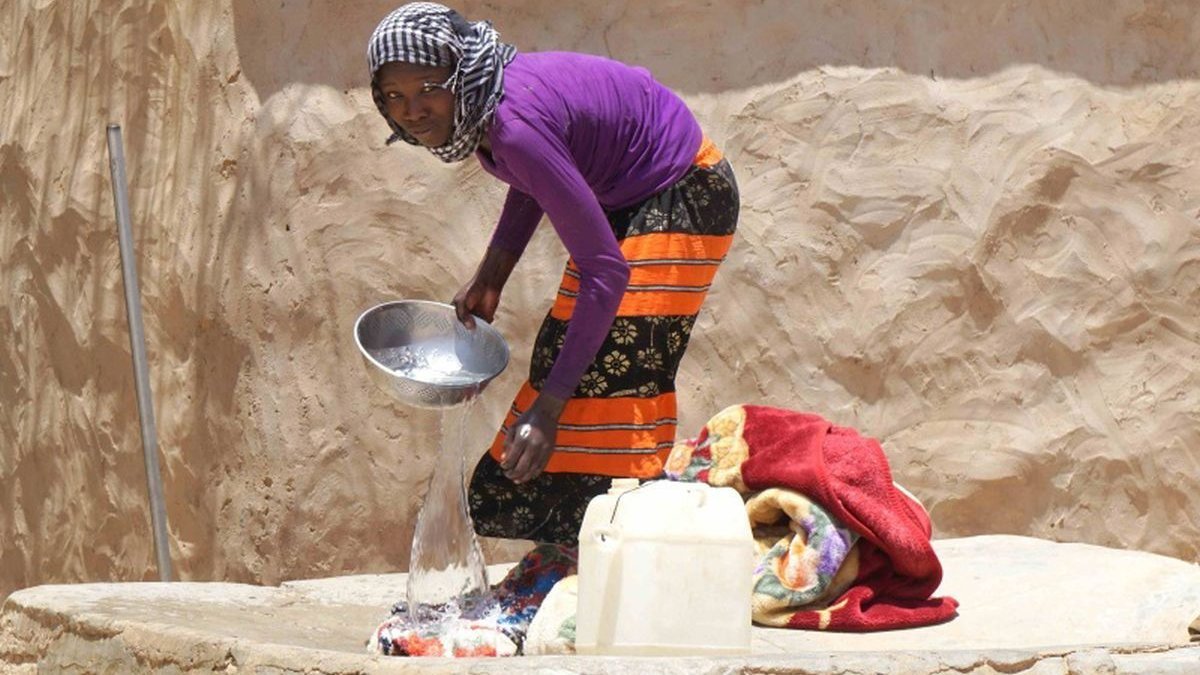
For women and girls in particular, the lack of access to water is not only a threat to their health, but also to their future. In many countries, fetching water is still a task traditionally performed by women. But those who have to walk several kilometers every day to fetch water have no time or energy to learn to read and write.
The long walk to fetch water is not only exhausting, but also dangerous. Every day, women are victims of assault and abuse while fetching water. Added to this are the physical consequences of carrying water, such as prolonged muscle pain or problems during childbirth due to overstrained pelvic and hip muscles.
But even if the girls and young women have time to attend school, they are still often denied their right to education. This is because almost half of all schools do not offer basic hygiene facilities and often do not even have toilets. Many girls and young women therefore stay away from school during their menstruation or drop out of school altogether. Without education, however, women have little chance of finding a job and escaping poverty.
How does Help improve the access to water?
Water for all
![[Translate to English:] Spenden Wasser: Sauberes Trinkwasser für den Südsudan [Translate to English:] Spenden Wasser: Sauberes Trinkwasser für den Südsudan](/fileadmin/_processed_/4/2/csm_Suedsudan-wasser-brunnen_001_140801__d6087d7725.jpg)
Help improves the supply of drinking water for people around the world and builds urgently needed sanitary facilities. Together with the communities, we develop a concept for the most effective and sustainable way to supply their inhabitants with water.
We build wells, both hand-pumped and solar-powered, and construct dams and reservoirs. In emergencies, we distribute water filters or provide water tankers. To ensure that the wells are maintained, we set up water committees and train them in maintenance. We are also committed to improving hygiene conditions, for example by installing hand-washing stations, building latrines and providing training on hygiene standards.
WASH-Network
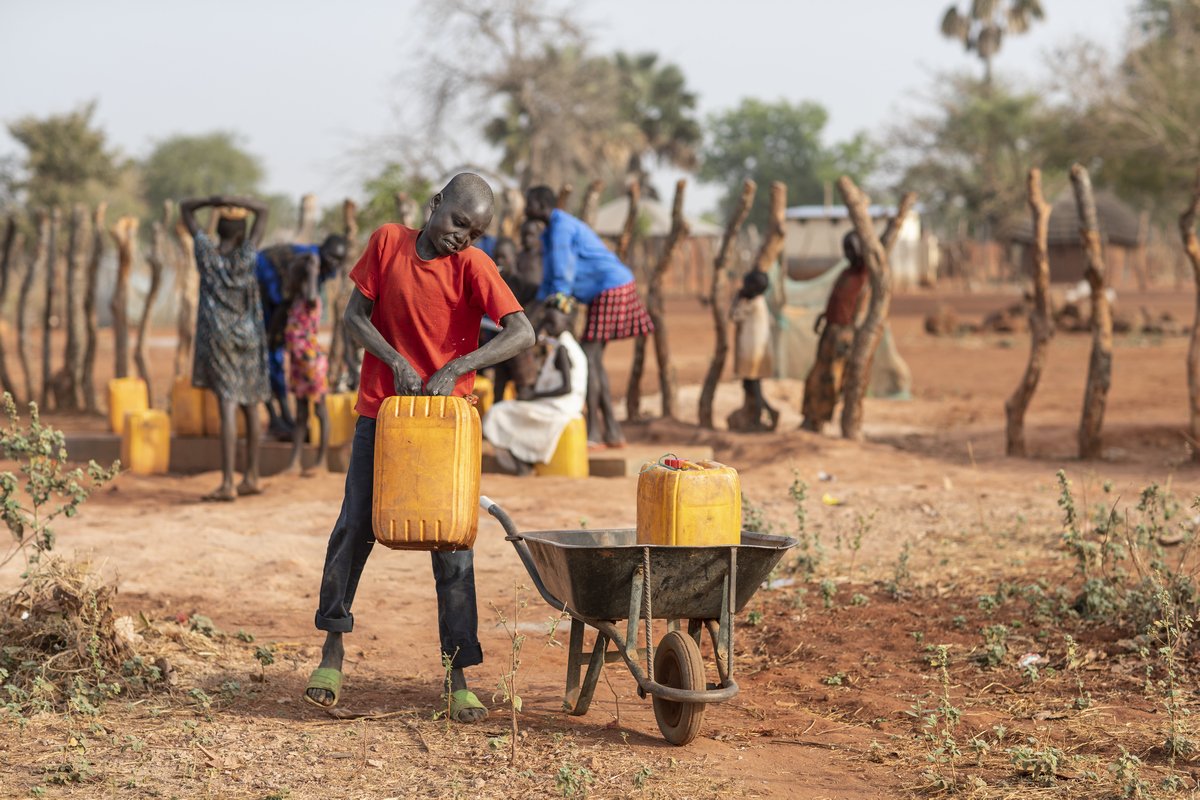
The German WASH Network is an association of non-governmental organizations with a common mission: to provide access to drinking water and sanitation for all people in the world and to inform them about the basics of effective hygiene practices.
Objectives of the network
- Implementation of the human right to water and sanitation
- Strengthening the WASH sector in Germany in the field of humanitarian aid, reconstruction and development cooperation
- Promoting the perception of WASH as a global problem within civil society, politics, business and science
Help's membership in the WASH network allows us to partner with other organizations, engage in relevant discussions and contribute to achieving important goals in the WASH sector.

